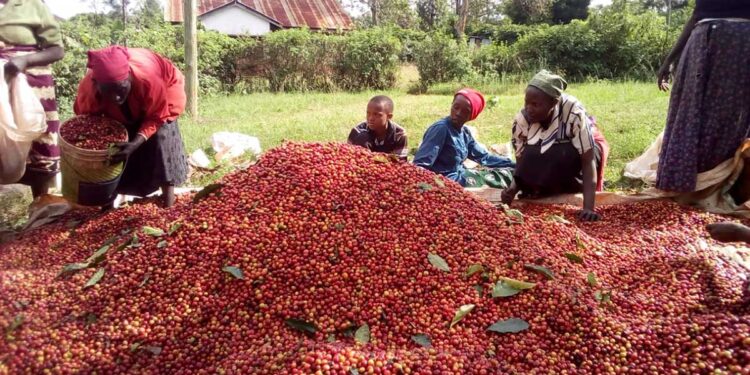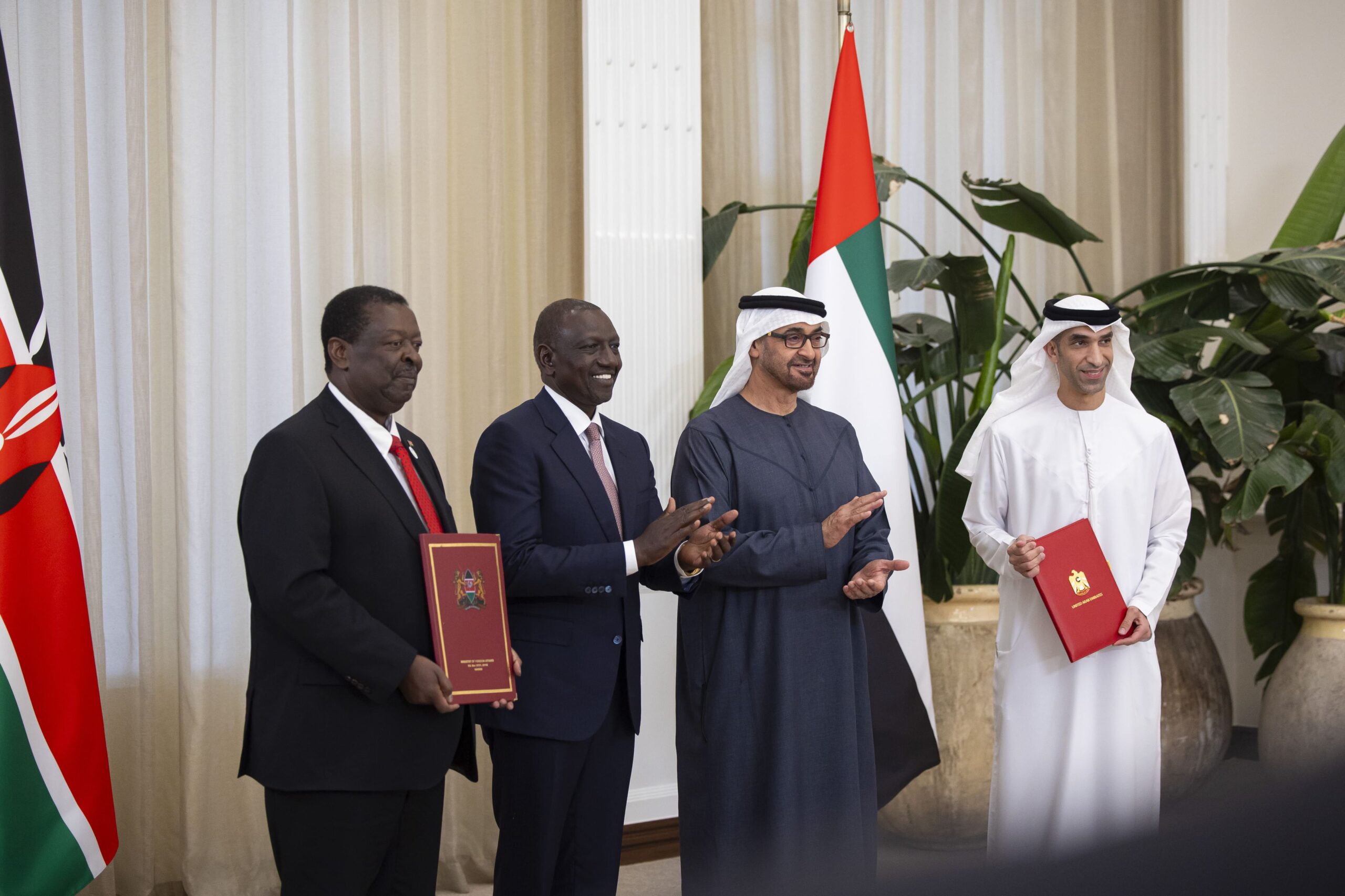The Kenyan government, through the Kenya Agricultural and Livestock Research Organisation (KALRO), is spearheading transformative efforts to revitalize the coffee sector. With a bold plan to increase coffee seed production from 5,000 kg to 15,000 kg by 2027/28, these efforts are expected to significantly boost yield, improve farmer earnings, and encourage more participation in coffee farming.
Strengthening Coffee Farming Through Research and Innovation
KALRO, at the forefront of this initiative, has embarked on a national coffee planting campaign aligned with the Bottom-Up Economic Transformation Agenda (BETA). By tripling coffee production in the next few years, the government aims to strengthen the sector’s contribution to Kenya’s GDP and enhance its foreign exchange earnings. Coffee is already one of Kenya’s top export earners, and with strategic interventions, its contribution is expected to grow even further.
To achieve these ambitious targets, KALRO is leveraging cutting-edge research to provide high-quality, high-yielding coffee varieties such as Ruiru 11, Batian, and traditional cultivars like SL28 and SL34. Additionally, training programs for County Agriculture Extension Officers, supported by the World Bank’s National Value Chain Development Project (NAVCDP), are equipping farmers with modern techniques to maximize productivity.
Government-Led Market Reforms and Financial Gains for Farmers
These advancements in coffee farming come at a time when Kenyan coffee earnings have surged, with farmers recently making Ksh2 billion at the Nairobi Coffee Exchange (NCE) auction. The rise in prices, reaching $383 (Sh49,483.60) per 50 kg bag, underscores the effectiveness of government policies aimed at eliminating middlemen, ensuring farmers receive fair prices, and increasing direct market access. The introduction of farmer-focused reforms, such as streamlined cooperative structures and value addition initiatives, has further strengthened Kenya’s position as a leading coffee exporter.
At the latest auction, smallholder cooperatives demonstrated the benefits of these reforms, with Grade AA coffee from Kiambu’s Mutuya Factory fetching the highest price of $459 (Sh59,302.80) per 50 kg bag. The government’s commitment to supporting cooperative societies, providing subsidized farm inputs, and expanding access to international buyers is driving confidence among coffee farmers, motivating more people to venture into the sector.
A Promising Future for Kenyan Coffee Farmers
With coffee prices steadily rising, experts predict further gains in the coming months. Kenya’s strategic focus on quality improvement, increased production, and market reforms is expected to cement its status as a global coffee powerhouse. By ensuring smallholder farmers have access to improved seedlings, modern farming techniques, and favorable market conditions, the government is not only boosting their incomes but also securing the long-term sustainability of the industry.
As Kenya continues to enhance its coffee sector through government-backed research, policy reforms, and investment in value addition, the future looks increasingly bright for its farmers. The record-breaking earnings at the latest NCE auction serve as a testament to the effectiveness of these measures, paving the way for an era of prosperity in Kenyan coffee farming.










